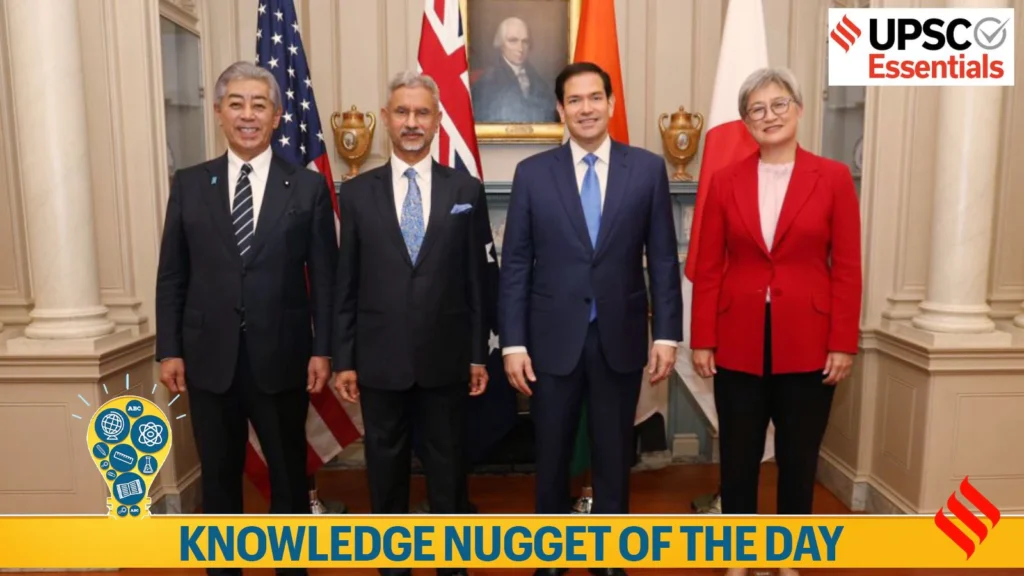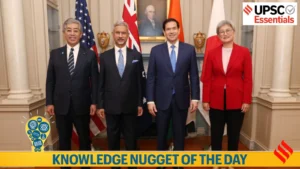According to Mining Weekly citing Reuters, the United States has announced a new Quad Critical Minerals Initiative (QCMI) in partnership with Australia, India, and Japan, despite recent trade frictions and political disagreements among the nations.
All four countries share concerns over the security of critical mineral supply chains, especially amid growing geopolitical instability. However, U.S. President Donald Trump’s global tariff policies have tested these partnerships in recent years.
In a joint statement released after talks in Washington, foreign ministers of the four nations emphasized their intent to cooperate on securing and diversifying critical minerals:
“By working together to secure and diversify critical mineral supply chains, we deepen our partnership and enhance economic security and resilience.”
Indian Foreign Minister Subrahmanyam Jaishankar called the meeting “very constructive” on social media platform X. U.S. Secretary of State Marco Rubio noted that now is the time for “action” on strategic issues, revealing that 30 to 40 companies from all four nations met at the State Department to discuss collaboration, including diversification of mineral supply.
The meeting shifts attention back to the Indo-Pacific, an area viewed as a strategic priority for the U.S., though recent global conflicts—like the Israel-Iran tension—have diverted focus. Earlier this year, the Quad nations committed to regular dialogues ahead of a leadership summit in India later this year.
Bilateral meetings were also held between Secretary Rubio and his counterparts: Japan’s Takeshi Iwaya, India’s Jaishankar, and Australia’s Penny Wong, who described this as the second ministerial meeting in 2025, reinforcing the urgency of the challenges ahead.
While the U.S.–Japan tariff negotiations remain tense, Trump hinted at a potential U.S.-India trade deal before July 9 that may ease tariffs and improve U.S. competitiveness. Jaishankar expressed optimism but noted that compromise is necessary for a balanced agreement.
After the Quad session, Jaishankar met with U.S. Defense Secretary Pete Hegseth, who stressed deeper defense ties and arms exports to India, including joint production agreements.
However, pressures persist among the partners. Trump claimed his intervention following an April terrorist attack in Kashmir, which killed 26 people, helped prevent further escalation between India and Pakistan—a statement not endorsed by India.
Jaishankar reaffirmed India’s stance: “Trade is not a factor in ceasefires with Pakistan. Relationships will always have issues. What matters is how we manage them constructively.”
The Quad joint statement condemned the April 22 Kashmir attack, which reignited Indo-Pakistani tensions until a ceasefire was declared on May 10.
Tensions also rose between the U.S. and Japan as Japan postponed its annual ministerial meeting with the U.S., reportedly due to American pressure to increase defense spending. Japanese officials were reportedly frustrated with public calls from the Pentagon’s third-ranking official, Elbridge Colby.
Colby also recently reviewed the AUKUS nuclear submarine program, raising concerns in Australia over the scale and pace of the alliance project.
[Source – 上海有色网] 美澳印日启动四方关键矿产行动 https://news.smm.cn/news/103409473




